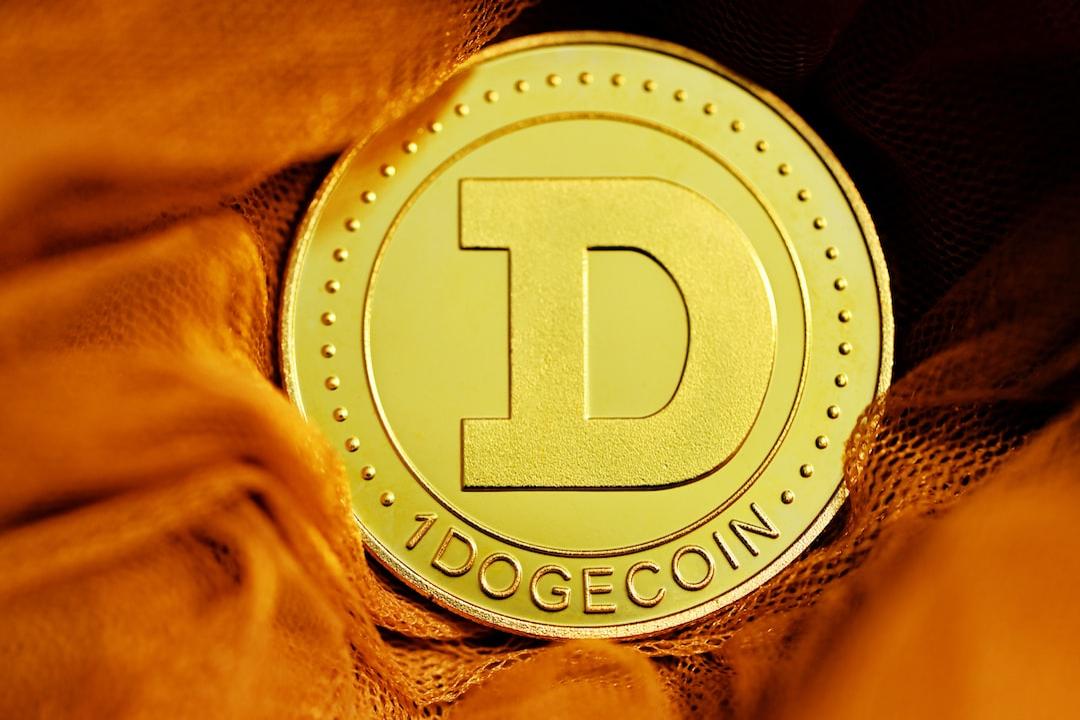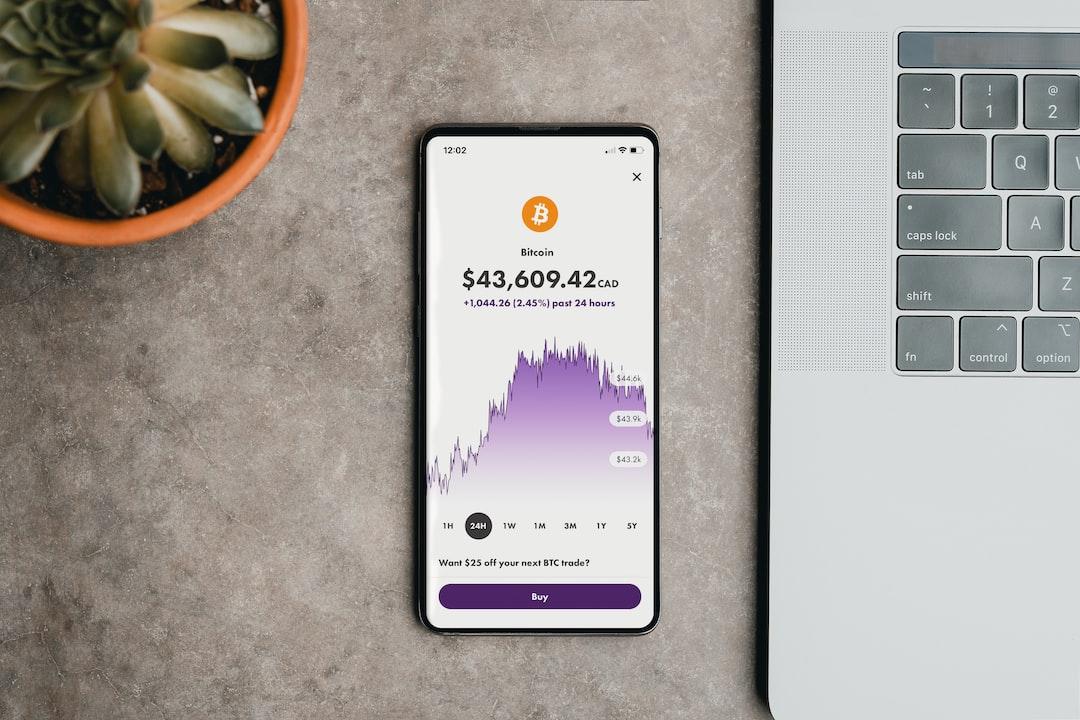
Ethereum Alert Leading Analyst Warns of Potential December Crash Reveals Targets
Renowned crypto analyst Benjamin Cowen is cautioning investors about a potential crash in December for Ethereum (ETH), one of the top altcoins in the market. Based on historical patterns, Cowen predicts that the second-largest digital asset by market cap could experience a drop towards the end of the year, with December being the month of its lowest point.
Cowen, who has a strong following of 869,900 on the social media platform X, points out that in 2016, ETH experienced significant drops in April, August, and December. Similarly, in 2024, there were substantial drops in April and August. He suggests that there is a good chance this pattern will repeat, with ETH potentially experiencing another drop before the end of the year and hitting its lowest point in December.
Regarding the ETH/BTC pair, Cowen states that it could start to decline around the same time and may fall as low as 0.036 if it fails to maintain support around 0.038. He believes that the low point will likely occur before the end of the year, with the second week of January being the latest. If 0.038 support fails, the next likely target is the 2016 high of 0.036. Cowen has been consistent in his belief that the low point for this cycle will be between 0.03-0.04.
Currently, the ETH/BTC pair is valued at 0.0372.
Cowen explains that the ETH/BTC pair will not reach its low point until it surpasses its 50-day simple moving average (SMA). He had previously mentioned that as long as ETH/BTC struggles to surpass the 50-day SMA, it is reasonable to assume that the low point has not been reached. In 2016 and 2019, once the actual low was established, ETH/BTC experienced a strong upward movement above the 50-day SMA, which has not yet occurred in the current market.
Investors should be mindful of these predictions and conduct their own research before making any high-risk investments in Bitcoin, cryptocurrency, or digital assets. The Daily Hodl, where Cowen’s analysis was published, does not provide investment advice and encourages individuals to take responsibility for their own transfers and trades.














